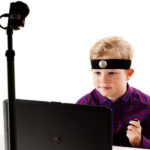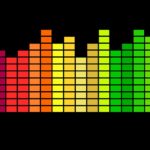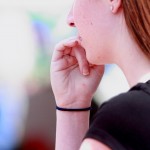
In her latest blog, Dona Matthews summarises a recent publication in The Lancet Psychiatry, which mapped the psychiatric diagnostic trajectories of 184,949 Danish patients over a 10-year period.
[read the full story...]
In her latest blog, Dona Matthews summarises a recent publication in The Lancet Psychiatry, which mapped the psychiatric diagnostic trajectories of 184,949 Danish patients over a 10-year period.
[read the full story...]
Syeda Akther writes her debut elf blog on a recent review looking at racial disparities in bipolar disorder treatment and research. She argues that we need to start having serious conversations about racism that go beyond unconscious bias.
[read the full story...]
Samuele Cortese is impressed by a recent RCT of QbTest: a computerised test of attention and activity, which can improve diagnostic decision-making in children and young people with suspected ADHD.
[read the full story...]
Vanessa Pinfold and Jennie Parker from the McPin Foundation explore a recent systematic review of service user, clinician, and carer perspectives on mental health diagnosis.
[read the full story...]
Vishal Bhavsar explores a recent study that uses data linkage to electronic patient records to assess the validity of selected mental health diagnoses in English Hospital Episode Statistics.
[read the full story...]
Murtada Alsaif considers the challenges facing psychiatrists in diagnosing bipolar disorder or borderline personality disorder. He reports on a recent qualitative study that explores the practical experience of psychiatrists and nurses and concludes that clinical diagnostic practice cannot reliably distinguish the two conditions.
[read the full story...]
Epilepsy is a major issue for people with learning disabilities. The National epilepsy society suggest that around 30% of people with mild to moderate learning disability also have epilepsy and the more severe the learning disability, the more likelihood there is that the person will have epilepsy. However, diagnosing epilepsy in a person with learning [read the full story…]